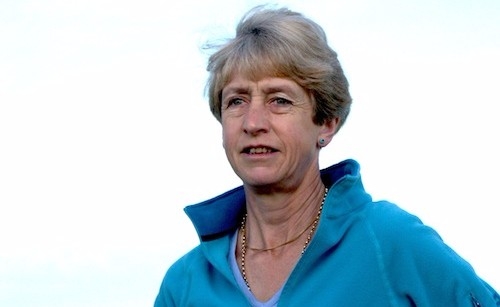
SRT Veterinary Advisor, Dr Sue Dyson, Celebrates 35 Years Supporting Horses And Their Health With Latest Research Results
Leading veterinary research charity the Animal Health Trust (AHT) is celebrating the anniversary of one of their most valued members of staff, Dr Sue Dyson, with the release of her latest results of her eagerly awaited facial expressions and behaviour study.
As Head of Clinical Orthopaedics at the AHT, Sue has dedicated 35 years to treating hundreds of patients each year in the clinic, as well as advancing the knowledge and techniques in equine medicine through her pioneering research. Sue’s aim is always to improve a horse’s quality of life, whether that be returning to their previous level of competition, or being able to live pain-free.
Sue is currently creating a method by which owners, trainers and equine professionals can recognise pain in their horses when they are ridden by assessment of facial expression and behaviour.
This study evolved from Sue’s extensive clinical work, recognising that too often poor performance has been labelled as ‘naughty’ behaviour or training problems, rather than pain. As a result, cases are referred to her too late when injuries have become chronic, so problems are well developed and the opportunity for recovery is compromised.
The third of four stages in this project has been completed; developing a visual aid for identifying pain and/or lameness by assessing the horse as a whole, building on the success of facial expressions being a proven indicator.
“Our clinical cases are integral to our research. Without them and the willingness of their owners to contribute their data to our research projects, we would not be able to advance veterinary techniques as comprehensively as we do now."
More from The Saddle Research Trust
- Saddle Research Trust Conference spreads equine welfare and performance knowledge worldwide
- What’s in it for the horse to be discussed at Saddle Research Trust Conference
- Host of hot topics on the agenda at Saddle Research Trust Conference
- The gait analysis revolution to be discussed at Saddle Research Trust Conference
- State-of-the-art riding simulator to be unveiled at Saddle Research Trust Conference

 8 years ago
8 years ago  2859 views
2859 views